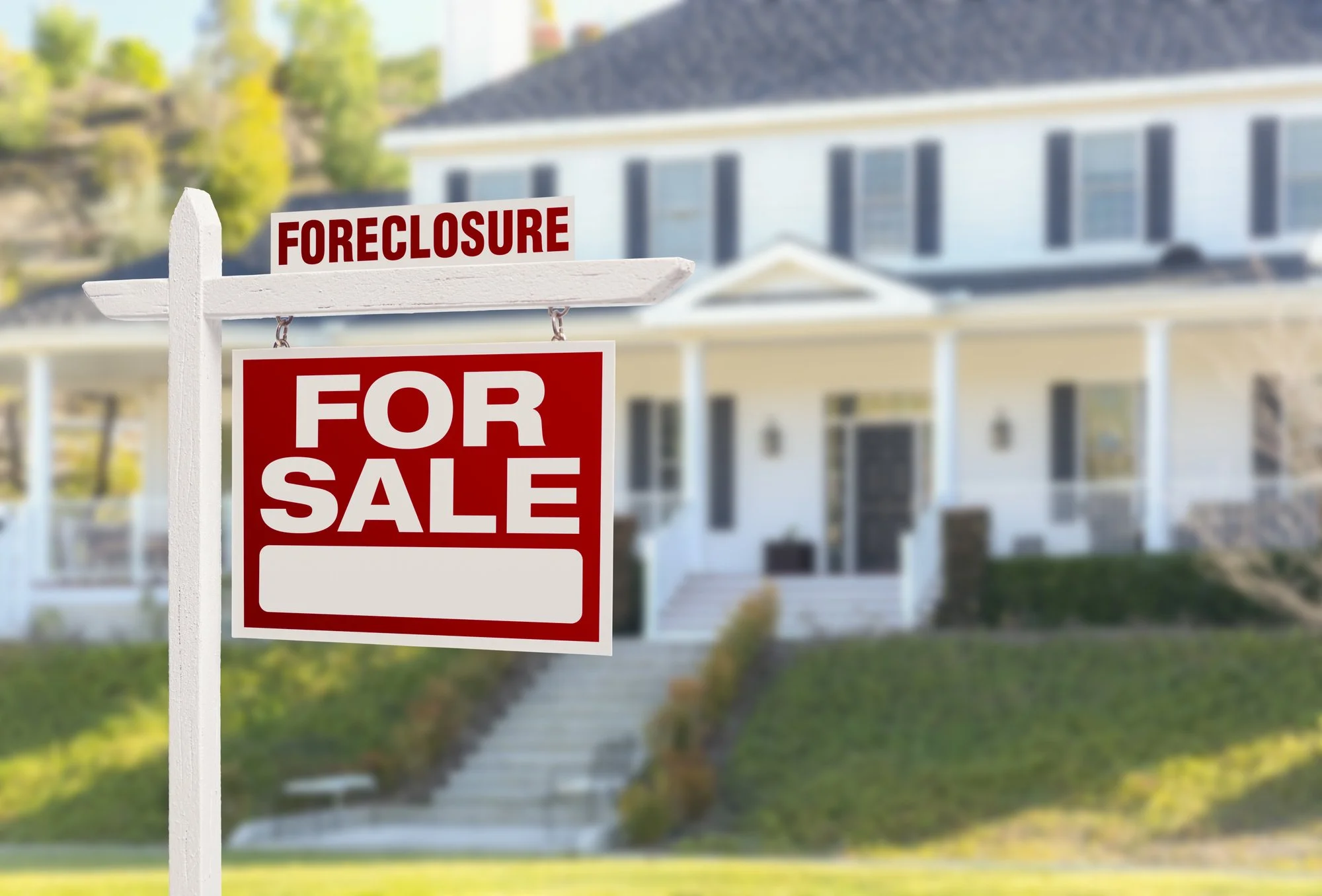4 Tips & 10 Ways to Avoid Foreclosure
If you fail to make your home mortgage payments, foreclosure may occur. Foreclosure is one of the most devastating financial challenges that a family can face but in many cases it can be avoided. Foreclosure is the legal means that your lender can use to repossess your home. When this happens, you must vacate the home. If your property is worth less than the total amount you owe on your mortgage loan, a deficiency judgment might be pursued. In this case you not only lose your home, you are also still responsible for the difference. Both foreclosures and deficiency judgments could greatly affect your ability to qualify for credit in the future. Below are some vital tips & options you have when facing foreclosure.
4 Tips
Tip #1 Know your mortgage rights.
Locate your loan documents and carefully read through them. This will help you better understand what your lender will do if you cannot make your payments. Learn about the foreclosure laws and timeframes in your state (as every state is different) by contacting the State Government Housing Office.
Tip #2 Do NOT ignore or disregard the problem.
I understand this can be very overwhelming but please understand further behind you become, the harder it will be to reinstate your loan and the more likely that you will lose your house. Take action!
Tip #3 Open and respond to all mail from your lender.
The bank sends these notices to offer good information about how they can help you avoid foreclosure. The letters may also include important information about legal action being taken against you. A lot of times this mail is sent certified and failure to open the mail will not excuse you from being foreclosed on.
Tip #4 Contact your lender as soon as you realize that you have a problem.
Generally, speaking lenders are not set up to own real estate meaning they do not want your house! They have options to help borrowers through difficult financial times, but you must get in touch with them and the sooner the better.
10 Ways to Avoid Foreclosure
Reinstatement
A reinstatement is the simplest solution for a foreclosure, however it is often the most difficult. The homeowner simply requests the total amount owed to the mortgage company to date and pays it. This solution does not require the lender's approval and will 'reinstate' a mortgage up to the day before the final foreclosure sale.
Forbearance or Repayment Plan
A forbearance or repayment plan involves the homeowner negotiating with the mortgage company to allow them to repay back payments over a period of time. The homeowner typically makes their current mortgage payment in addition to a portion of the back payments they owe.
Mortgage Modification
A mortgage modification involves the reduction of one of the following: the interest rate on the loan, the principal balance of the loan, the term of the loan, or any combination of these. These typically result in a lower payment to the homeowner and a more affordable mortgage.
Rent the Property
A homeowner who has a mortgage payment low enough that market rent will allow it to be paid, can convert their property to a rental and use the rental income to pay the mortgage.
Deed-in-Lieu of Foreclosure
Also known as a "friendly foreclosure," a deed-in-lieu allows the homeowner to return the property to the lender rather than go through the foreclosure process. Lender approval is required for this option, and the homeowner must also vacate the property.
Bankruptcy
Many have considered and marketed bankruptcy as a "foreclosure solution," but this is only true in some states and situations. If the homeowner has non-mortgage debts that cause a shortfall of paying their mortgage payments and a personal bankruptcy will eliminate these debts, this may be a viable solution.
Refinance
If a homeowner has sufficient equity in their property and their credit is still in good standing, they may be able to refinance their mortgage.
Servicemembers Civil Relief Act (military personnel only)
If a member of the military is experiencing financial distress due to deployment, and that person can show that their debt was entered into prior to deployment, they may qualify for relief under the Servicemembers Civil Relief Act. The American Bar Association has a network of attorneys that will work with servicemembers in relation to qualifying for this relief.
Sell the Property
Homeowners with sufficient equity can sell their property quickly to an investor who understands the necessity and importance of a quick closing. Get a cash offer
If a homeowner owes more on their property than it is currently worth, then they can hire a qualified real estate agent to market and sell their property through the negotiation of a short sale with their lender. This typically requires the property to be on the market and the homeowner must have a financial hardship to qualify. Hardship can be simply defined as a material change in the financial stability of the homeowner between the date of the home purchase and the date of the short sale negotiation. Acceptable hardships include but are not limited to: mortgage payment increase, job loss, divorce, excessive debt, forced or unplanned relocation, and more.

